
No Church in the Wild
Jack Halberstam
Can we find ideas of queer anarchism, failure and low theory in popular culture?
Arika have been creating events since 2001. The Archive is space to share the documentation of our work, over 600 events from the past 20 years. Browse the archive by event, artists and collections, explore using theme pairs, or use the index for a comprehensive overview.

Can we find ideas of queer anarchism, failure and low theory in popular culture?
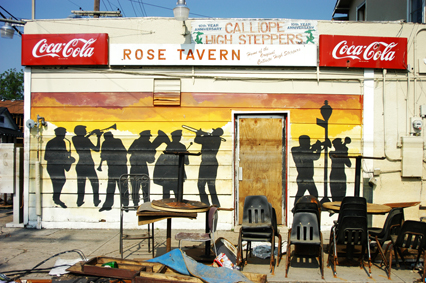
A dismantled, performed film, where a narrator pieces together the sounds, images and storytelling of a documentary about Hurricane Katrina before a live audience.

Akio Suzuki and John Butcher performing in a large multi chambered industrial ice house.

A performance by Storyboard P – one of the greatest Afrofuturist dancers on the planet.

Talk charting the radical history of experimental music in Japan + the lowdown into the careers of many of the artists appearing at MLFC.
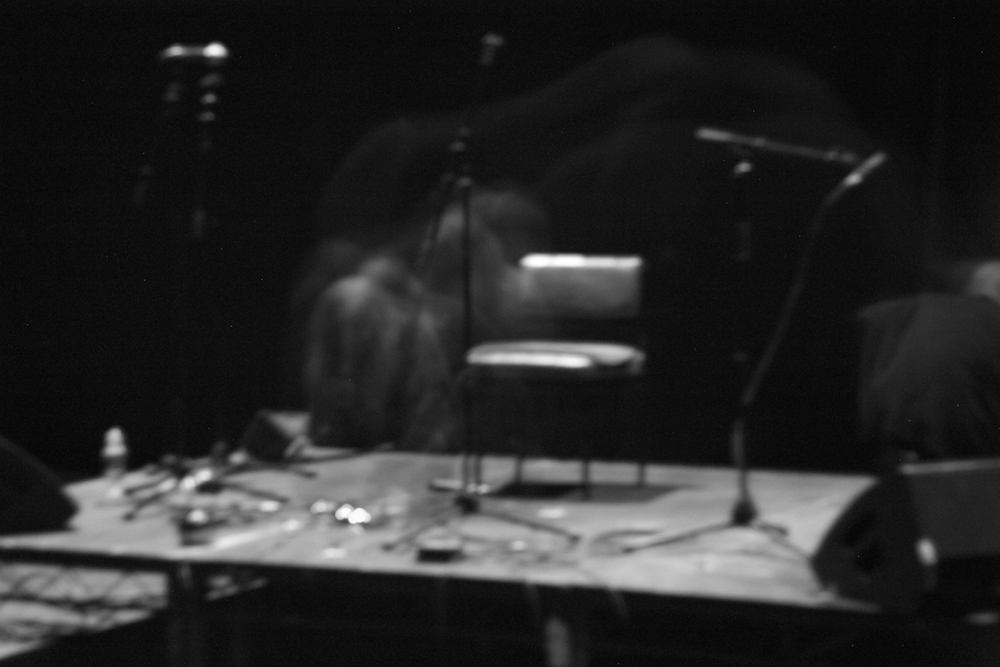
Torrential, wrenching wordless wails, guttural screams and roars, a Haino solo vocal performance.

Investigating the border between the audible and the visible means looking at the margins, the edges of creativity where artists test out new boundaries and define them anew.
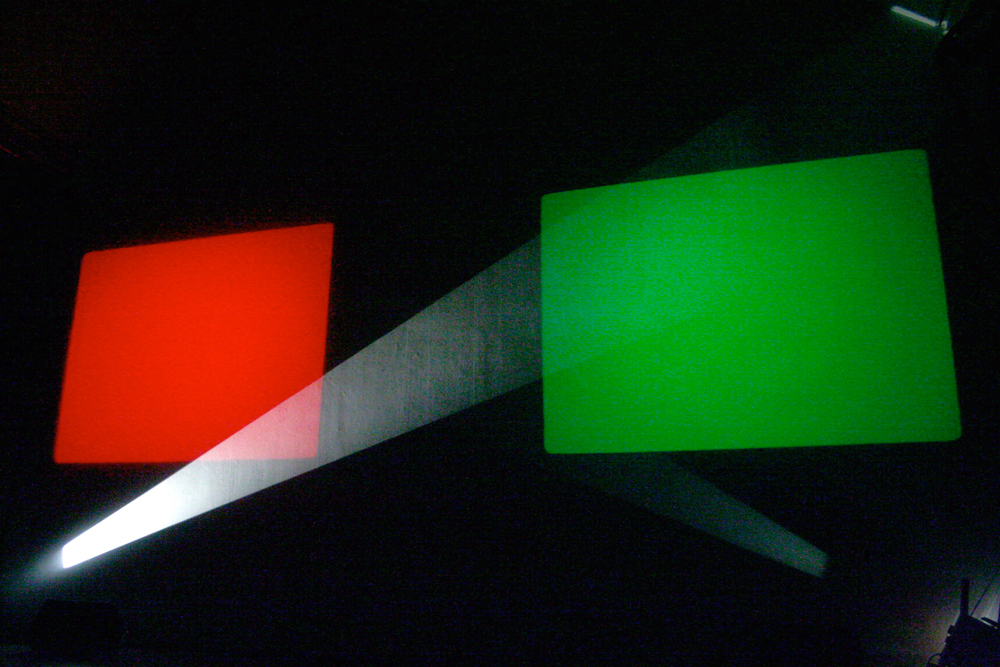
Wave Formations is a 5 screen work in which each screen runs through a series of fades and then stroboscopic flashes of colour, to create a series of visual harmonics.
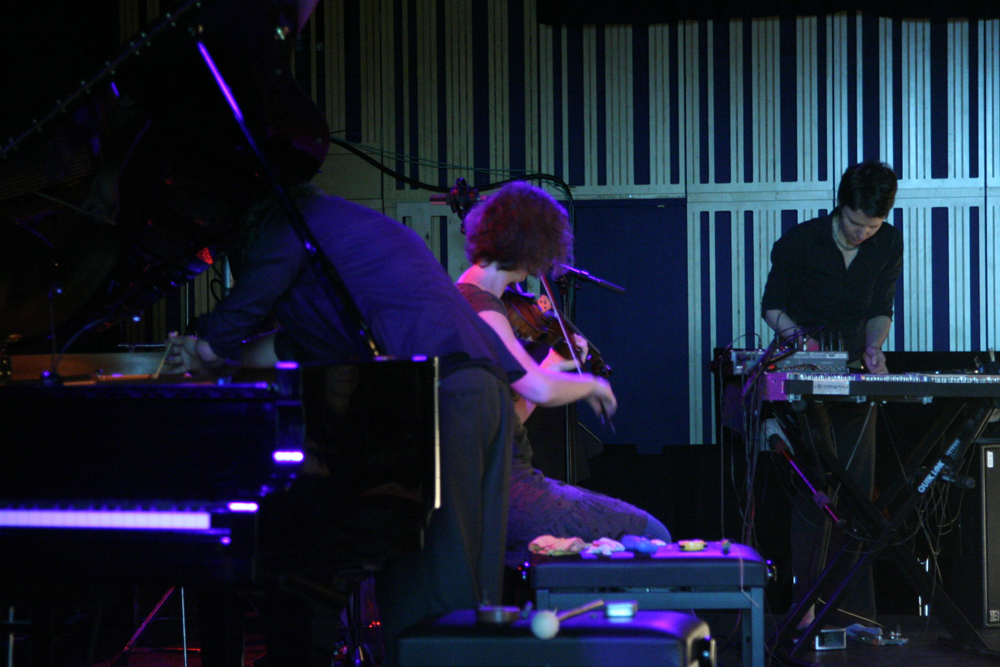
Improvising violinist Angharad Davies performing with pianists Tisha Mukarji and Andrea Neumann.

Black-clad with an ominous aura created by their distorted guitar epics, burnt-out ballads and raucous mantric jams.

Do art forms like black radical poetry, free jazz and improvisation create a space for the performance of freedom? Did they ever? And can they still do so now?
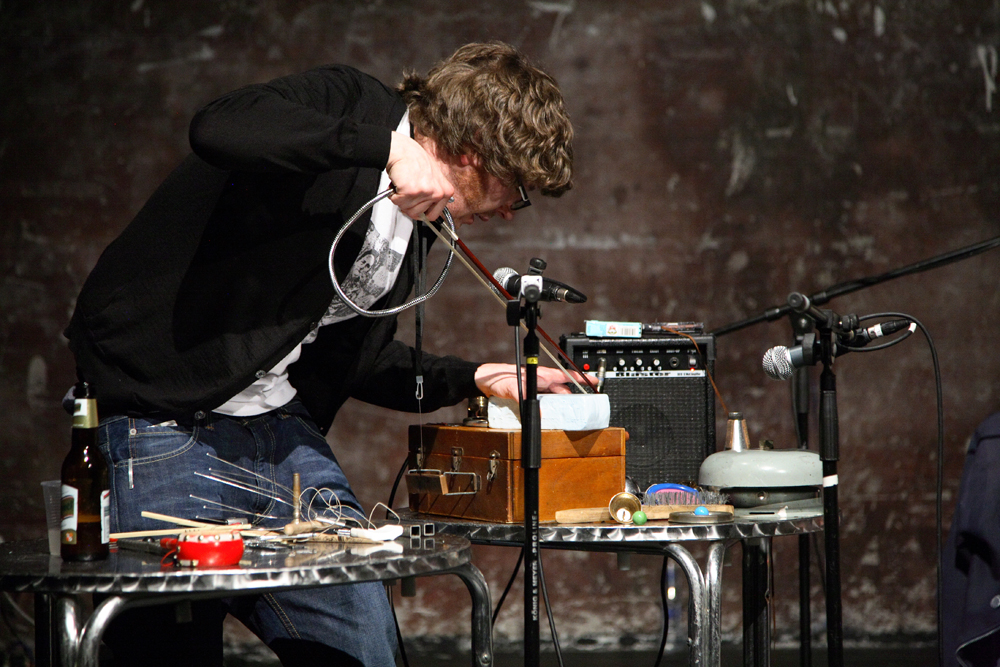
Dead Labour Process drool-tape farmer, squeaking/creaking Usurper brother and Peeesseye’s yodelling traps-man hold a real OUT splutter party.